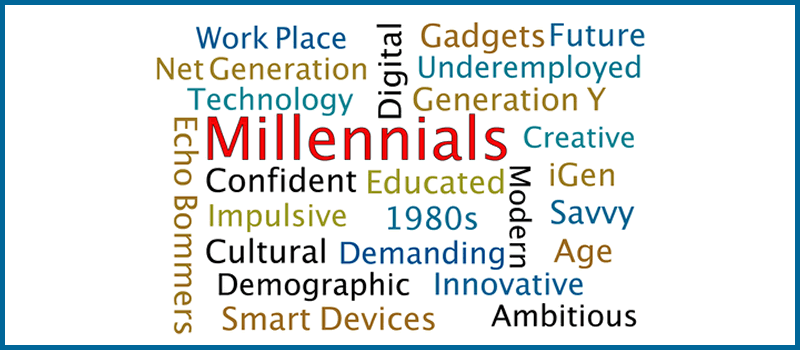Most states require employers to pay for insurance that compensates workers and covers medical expenses in the event of on-the-job injuries. Unfortunately, workers’ compensation fraud — estimated at more than $7 billion annually — costs employers, insurers and even consumers much more than they should be paying.

Workers’ comp scams force higher premiums, which reduce business profits and can result in lost jobs and higher prices when costs are passed on to consumers. To keep fraud costs to a minimum, employers should recognize the warning signs and develop strategies for combatting the problem.
Warning Signs of Fraud
The following situations can indicate potential workers’ compensation fraud:
- An injury reportedly occurs just before or after a change in employment, such as a layoff.
- An injury is reported early on Monday morning, potentially indicating that it occurred over the weekend.
- The reporting employee has a history of making suspicious claims.
- There are no witnesses to an accident or injury.
- The employee’s report conflicts with other injury reports or with the individual’s medical history.
- The employee refuses medical tests to confirm an injury or illness.
- The reportedly injured employee is difficult to reach at home or doesn’t respond to messages.
Rooting out the Problem
For many employers, two information sources are key to uncovering workers’ compensation fraud: social media and surveillance. Social media — especially Facebook — can provide a wealth of information about a claimant, including photos identifying the employee for surveillance purposes. Investigators have used social media as documentation of activities in which an allegedly injured person is involved. Facebook profiles also have been used as a source for confirming disability status, location of witnesses, extent of injuries and other information.
Surveillance is more costly than searching social media accounts, but it also can provide valuable information for rooting out fraud. State departments of insurance use both social media screenings and surveillance in their investigations.
Another valuable approach to minimizing the damage from workers’ compensation fraud is stopping it at the source. Workers should be required to report accidents and get treatment immediately, and all employees should know the process for anonymously reporting suspected fraud. And by carefully screening criminal background searches and histories of suspicious injury claims prior to making hires, employers can protect themselves.
Disclaimer Statement: All information presented is for information purposes only and is not intended to provide professional or legal advice regarding actions to take in any situation.
Source: http://www.businessnewsdaily.com/5911-workers-comp-fraud-signs.html


 Consumers are increasingly seeking more transparency from companies about their products, services, operations and employment practices. The evolution of the social Web has triggered and perpetuated a growing demand from consumers for greater transparency. The growth of social media has empowered them to directly engage, question and critique brands on a global scale. Customers are leveraging social platforms to provide feedback about products and services through conversation-based engagement on company pages.
Consumers are increasingly seeking more transparency from companies about their products, services, operations and employment practices. The evolution of the social Web has triggered and perpetuated a growing demand from consumers for greater transparency. The growth of social media has empowered them to directly engage, question and critique brands on a global scale. Customers are leveraging social platforms to provide feedback about products and services through conversation-based engagement on company pages. When a job seeker goes on the search in 2015, he or she must be prepared and find innovative ways to stand out among the crowd. Here are four ways for job seekers to be more successful in the new year.
When a job seeker goes on the search in 2015, he or she must be prepared and find innovative ways to stand out among the crowd. Here are four ways for job seekers to be more successful in the new year. With already more than 40 million millennials in the workplace and millions more added each year, human resources professionals around the country are adapting to the unique style of this large group of young workers. By 2025, millennials will hold three-quarters of the world’s jobs,
With already more than 40 million millennials in the workplace and millions more added each year, human resources professionals around the country are adapting to the unique style of this large group of young workers. By 2025, millennials will hold three-quarters of the world’s jobs,